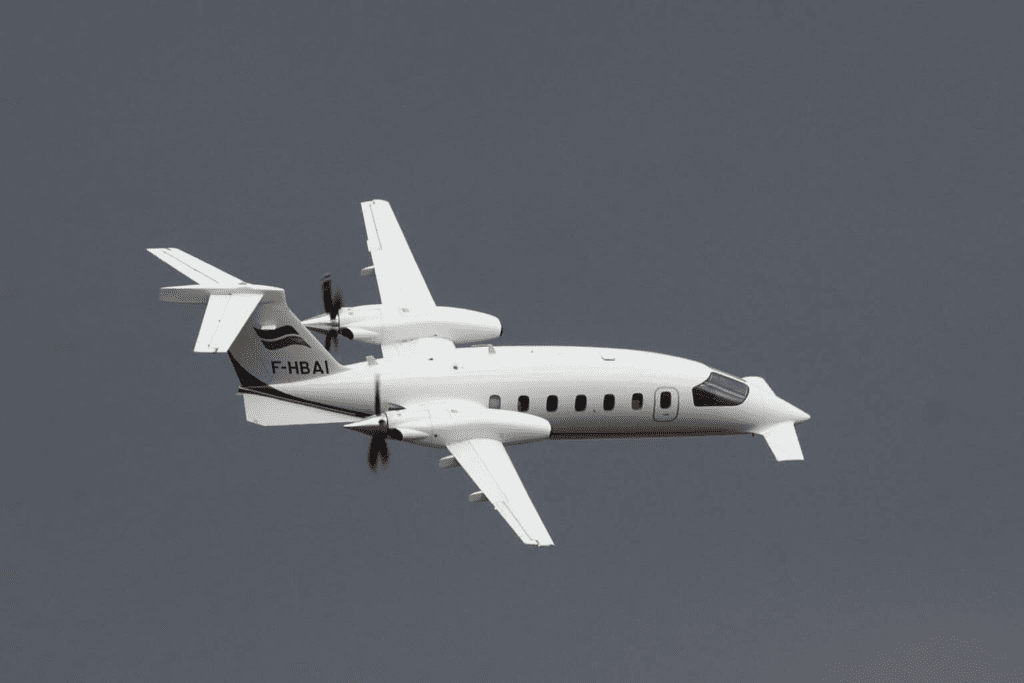
Propeller engines are still used in some aircraft, including military and commercial planes, because they offer certain advantages over jet engines. For example, propeller engines are more fuel efficient at lower speeds and altitudes, making them well-suited for short-haul flights and for aircraft that need to fly at low altitudes, such as military planes that perform close air support missions.
Additionally, propeller engines tend to be quieter than jet engines, which can be important in some applications. However, jet engines are generally faster and more powerful than propeller engines, which makes them better suited for longer flights and for aircraft that need to fly at higher altitudes.

Here are some additional points to consider regarding single engine planes and their safety:
Engine reliability:
While single engine planes have only one engine, modern aircraft engines are highly reliable and undergo rigorous maintenance checks. Advances in engine technology, manufacturing, and maintenance practices have significantly improved their reliability over the years.
Pilot training:
Single engine planes are commonly used for flight training purposes, and pilots undergo extensive training to handle emergency situations. They are taught to handle engine failures and practice emergency procedures such as forced landings. This training helps pilots develop the skills necessary to mitigate risks associated with single engine operations.
Redundant systems:
Single engine aircraft are equipped with redundant systems to enhance safety. These may include backup instruments, redundant electrical systems, and redundant fuel systems. These redundancies help ensure that even if a component fails, there are backup systems in place to maintain the aircraft’s operation.
Enhanced avionics:
Modern single engine planes often come equipped with advanced avionics systems, including GPS navigation, terrain awareness and warning systems (TAWS), and collision avoidance systems (TCAS). These systems provide pilots with real-time information and alerts to help them navigate and avoid potential hazards.
Operational considerations:
Single engine planes are typically used for shorter flights, often in less congested airspace. This can reduce the overall exposure to risks associated with aviation, such as mid-air collisions or complex air traffic situations.
It’s important to note that no aircraft is entirely risk-free, and the safety of any flight depends on various factors, including pilot proficiency, weather conditions, and proper maintenance. However, with proper training, maintenance, and adherence to safety protocols, single engine planes can be operated safely and reliably.
By – Dan





